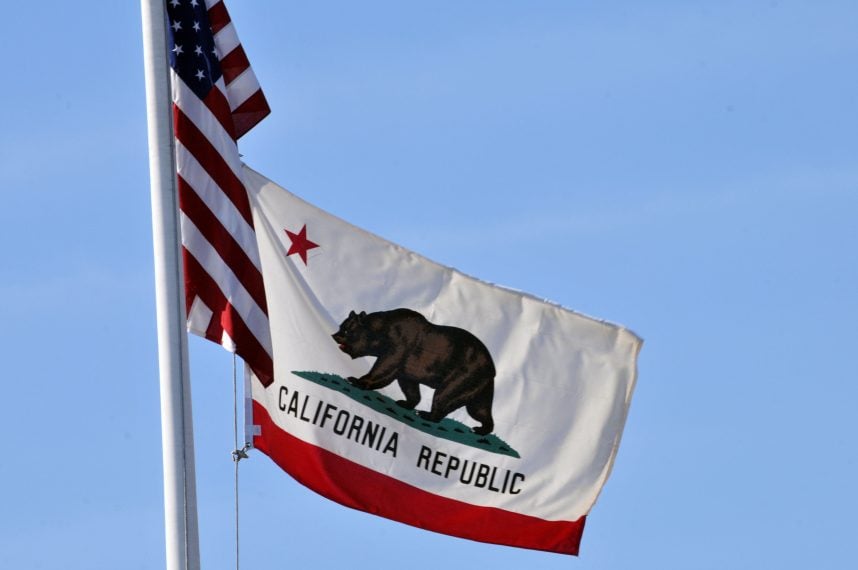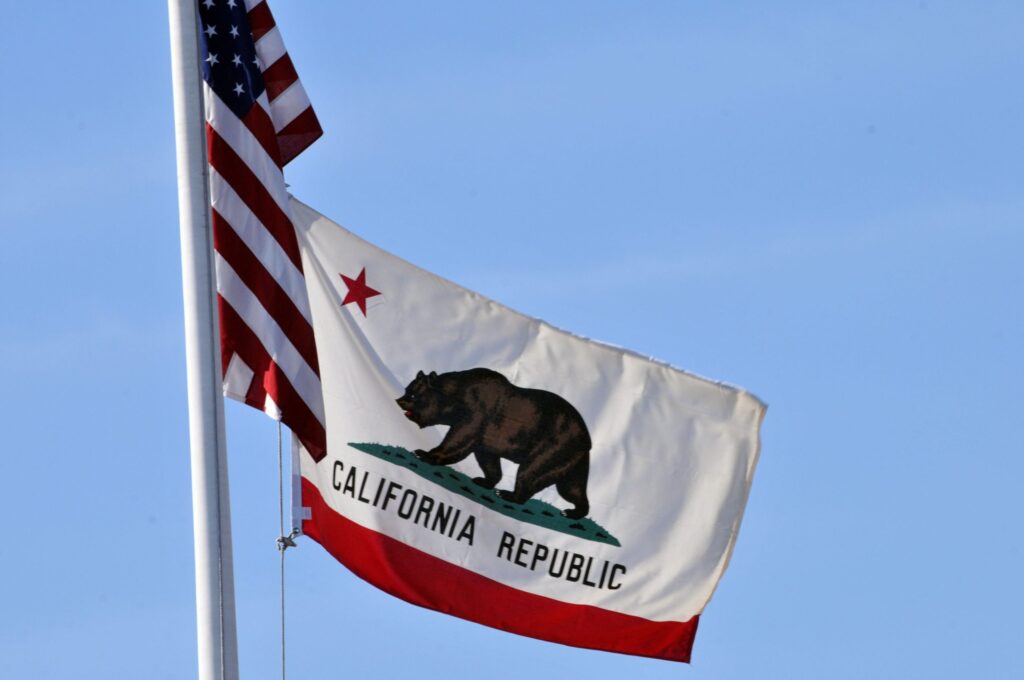Posted on: December 5, 2023, 05:15h.
Last updated on: December 5, 2023, 05:15h.
Eagle1 Acquisitions Corp., LLC — the group behind a pair of recently launched California sports betting pitches — submitted amendments to those proposals to the California Attorney General’s office potentially in an effort to gain favor with the state’s Tribal gaming consortiums.

Since the Sports Wagering Regulation and Tribal Gaming Protection Act was filed in late October, it’s largely been met with resistance by California Tribal casino operators with those groups claiming the bill’s backers didn’t consult them prior to filing. The amendments floated by Eagle1 were derived from feedback the company received from “tribal leadership, out-of-state operators, regulators and other stakeholders.”
The amendments include a major increase to Tribes’ revenue share. Eagle1 noted that Tribes currently receiving approximately $1 million per year could see that figure grow 15x to 20x under their proposal. Other amendments include removal of two stipulations that may have stood in the way of robust regulatory oversight and the taxation of promotional gaming credits after five years.
Another of the new amendments is aimed at strengthening the ability of California Tribal gaming operators to become their own affiliates.
California Sports Betting Amendments May Not Garner Support
Eagle1 is using a familiar though logical ploy in an effort to generate support for the Sports Wagering Regulation and Tribal Gaming Protection Act. Should the proposal be approved by California voters, the supporters believe it’d be a significant revenue generator for Tribes while potentially eradicating the black market for sports betting in the state.
The Sports Wagering Regulation and Tribal Gaming Protection Act will regulate a previously unregulated market, put 100% control of online and in-person California sports betting in the hands of tribes and provide a fair and competitive sports betting environment for Californians. California has the potential to be the largest legalized sports betting market in the country with an estimated $60 billion in wagers and revenue of $3 billion annually,” according to a statement.
Still, Tribal operators in the largest state are reluctant to push the matter over the near-term and there are amendments that might not be the liking of those groups.
For example, the in-person registration for those residing more than 10 miles from a California Tribal casino would be removed after two years. Another new amendment provides for including comments “from land-based and out-of-state operators and regulators.” It’s possible California Tribal gaming entities will balk at one or both plans because they control Class III gaming in the state and don’t need the support of out-of-state operators.
Eagle1 Looking at 2024, But That’s Dicey
Eagle1 wants to put the issue of sports wagering before California voters next year — just two years after commercial and Tribal sports betting ballot initiatives were soundly defeated by voters there.
“Eagle1 will continue to work with tribal leaders to secure support for the proposition, bring unity to the plan, get it on the ballot for the 2024 California election and ultimately pass it into law thereby bringing sports betting to California in a way that is regulated, controlled by the tribes and a win for all parties involved,” added the group.
On the other hand, the Tribes view sports wagering as a 2026 issue, citing fatigue on the subject among voters, adding that mobile betting would be further out than that.



